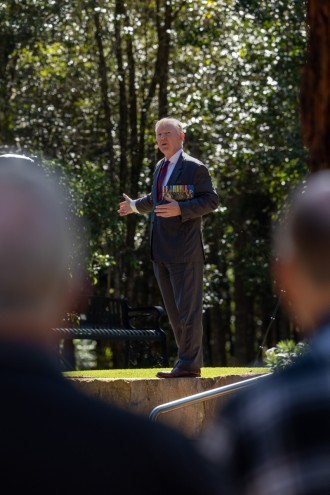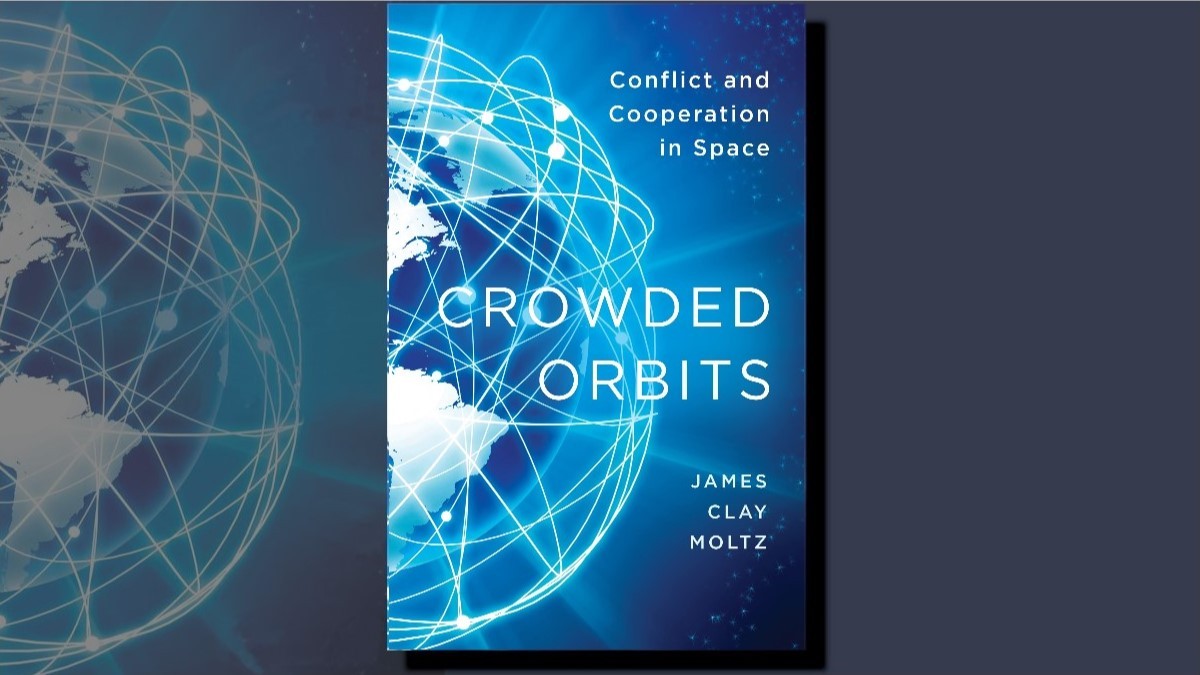Seminar on ‘Thoughts on Generalship’
2(AS) Division PME Program
Thoughts on ‘Generalship’ and how bold staffs can support their General to understand the nature of conflict.
Generalship is an intellectual endeavour. It requires incumbents to understand the nature of war, as well as the character of the conflict in which they are taking part. However, developing and sustaining such an understanding is not straightforward. This is particularly evident when circumstances conspire to impose friction on the mundane and the routine of a warfighting headquarters. Such friction slows progress and develops into a mass that seems to have an energy all its own that actively pushes back against the efforts of the warfighting headquarters. This is especially so once an adversary begins killing civilians, inflicting destruction, and killing or wounding combatants on the battlefield. Generals must rise above this milieu and the military staffs of such generals have a significant responsibility in helping them achieve this.
It is axiomatic that Generals deal with the strategic art. However, they do not do so alone. They are supported by military staffs who use systems, processes, and methodologies to inform their leaders’ situational awareness and to enact their will. As described by Jeffrey Meiser, the usual staff methodologies used to link ends to ways and means to generate and operationalise strategy may, however, be seriously flawed. The criticism he levels at military thinking is that its ‘uncreative, noncritical and limits new and adaptive thinking’.[1] Meiser argues that such process oriented methods of analysis encourage lazy oversimplification and under-consideration. Meiser also observes that ‘[u]nder this approach, the strategist simply fills in each box, or better yet, creates a diagram showing each element of national power as a line of effort directed at an enemy centre of gravity or critical vulnerability. This is the stuff of “PowerPoint nirvana” but encourages strategists to avoid thinking creatively and precisely about resources and power’.[2]
Effective military strategy rigorously examines different conceptual approaches around a central hypothesis. As such, generating strategy requires the consideration of options that are neither left flank, right flank, or ‘up the guts’, but are far more nuanced and varied. Regrettably, while the methodologies enacted by military staffs to help systematise analysis may provide lines of operational effort, they do not generate a contestable theory of success.[3] Indeed, the inherent desire of staffs to routinize such work inevitably undermines their purpose and their capacity to support to their General. The question that needs to be asked is not “tell me how this ends?” but rather “how does this work?”.[4] Unfortunately for staffs, there is no simple checklist to resolve this inquiry. As the United States Marine Corps’ MCDP 1-1 Strategy warns, ‘Just as there is no strategic panacea, there is no optimal strategy-making process’.[5]
Without recourse to familiar systems and processes, the challenge for military staffs is to determine how to effectively support their General to better understand any given conflict. This challenge is best addressed by first considering the General’s purpose, a matter that is helpfully informed by observations made by Major General Stephen Day, DSC, AM in his reflections on Generalship in two wars.[6] Firstly, the fundamental duty of Generals is to win. This requires them to make difficult decisions, and often means changing strategy – Generals cannot afford to be dogmatic and fixed. Therefore, staffs need to be similarly dedicated and focused on success, and this requires them to focus on outcomes over processes. This realisation leads naturally to the second point: a General needs to begin with the end in mind, so they must have a vision for success. The General is the one person who must have a clear and unambiguous understanding of what they are striving to achieve. Therefore, staffs must be able to help clarify the General’s situational understanding by providing honest and objective reporting. Thirdly, the General must understand the character of the war that they are fighting. This requires nuanced understanding of the conflict history, sources, actors and their motivations in depth. It would be a Herculean task for any individual to generate such a depth of understanding in isolation. Therefore, the staffs’ role is to pursue such an appreciation itself and to effectively communicate and synthesise its collective knowledge for the benefit of the General. Additionally, the General must focus on the outcomes of wars rather than battles. While a General may direct forces in battle, their actions, efforts and outcomes all coalesce into war outcomes. Accordingly, staffs must not rather narrowly conceive operational plans that involve taking the next hill, or removing adversary key leaders. Rather military plans and operations must exist within the context of what the future strategic environment should look like. In short, staffs must be able to translate tactical outcomes into the strategic effects, and vice versa.
In a talk hosted by 2(AS) Division and streamed by The Cove on Tuesday 28 May, Major General Stephen Day, DSC, AM will seek to expand upon these considerations. By fostering greater awareness of the role of military staffs in a warfighting headquarters, this presentation lays the foundation for understanding how Generals win and succeed.
Details
- When: 16.30-17.30 [AEST] Tuesday 28 May
- Where: Randwick Barracks Officer’s Mess (all ranks welcome)
- Livestream: cove.army.gov.au (best accessed outside the DPN)
About the Speaker
The author and speaker, Major General Stephen Day, DSC, AM served in the Australian Army for 40 years, including conflicts in Africa, East Timor, Iraq, and Afghanistan. He has been formally recognised for his leadership by the Australian, French and United States governments. He held senior and privileged positions – Deputy Operations Officer of the Multi National Force – Iraq, a force in excess of 400,000, and Chief of Plans for ISAF Joint Command in Afghanistan for a force in excess of 100,000. As part of a small group of generals who met each morning to plan and direct the progress of these wars, he shared responsibility for their prosecution.
In 2015, he left the full-time Army to work in business, principally with Price Waterhouse Cooper. He advised boards and executives on leadership and the developing cyber threat. In 2018, he was asked to return to full-time duty and work for the Prime Minister in leading the national drought response.
MAJGEN Day continues to serve part-time as a mentor to Army Brigade and Division commanders; he is also the author of the current ADF Doctrine on Leadership. He has served on several boards, including The Sporting Wheelies, The University of New South Wales Cyber Centre, and ACT Cricket. He was elected as RSL Queensland State President in December 2021.
Endnotes:
[1] Jeffrey W. Meiser, “Ends+Ways+Means=(Bad) Strategy”, Parameters 26, no. 4 (2016): 81.
[2] Meiser, “Ends+Ways+Means=(Bad) Strategy”, 82.
[3] See Frank G. Hoffman, “The Missing Element in Crafting National Strategy: A Theory of Success” Institute for National Strategic Studies, 31 March 2020.
[4] See Linda Robinson, Tell me how this Ends: General David Petraeus and the search for a way out of Iraq (New York: PublicAffairs, 2008).
[5] U.S. Marine Corps, MCDP 1-1: Strategy (Washington D.C.: Department of the Navy, 1999), 96.
[6] See Stephen Day, Thoughts on Generalship: Lessons from two wars (Canberra: Department of Defence, 2015).
The views expressed in this article and subsequent comments are those of the author(s) and do not necessarily reflect the official policy or position of the Australian Army, the Department of Defence or the Australian Government.
Using the Contribute page you can either submit an article in response to this or register/login to make comments.



